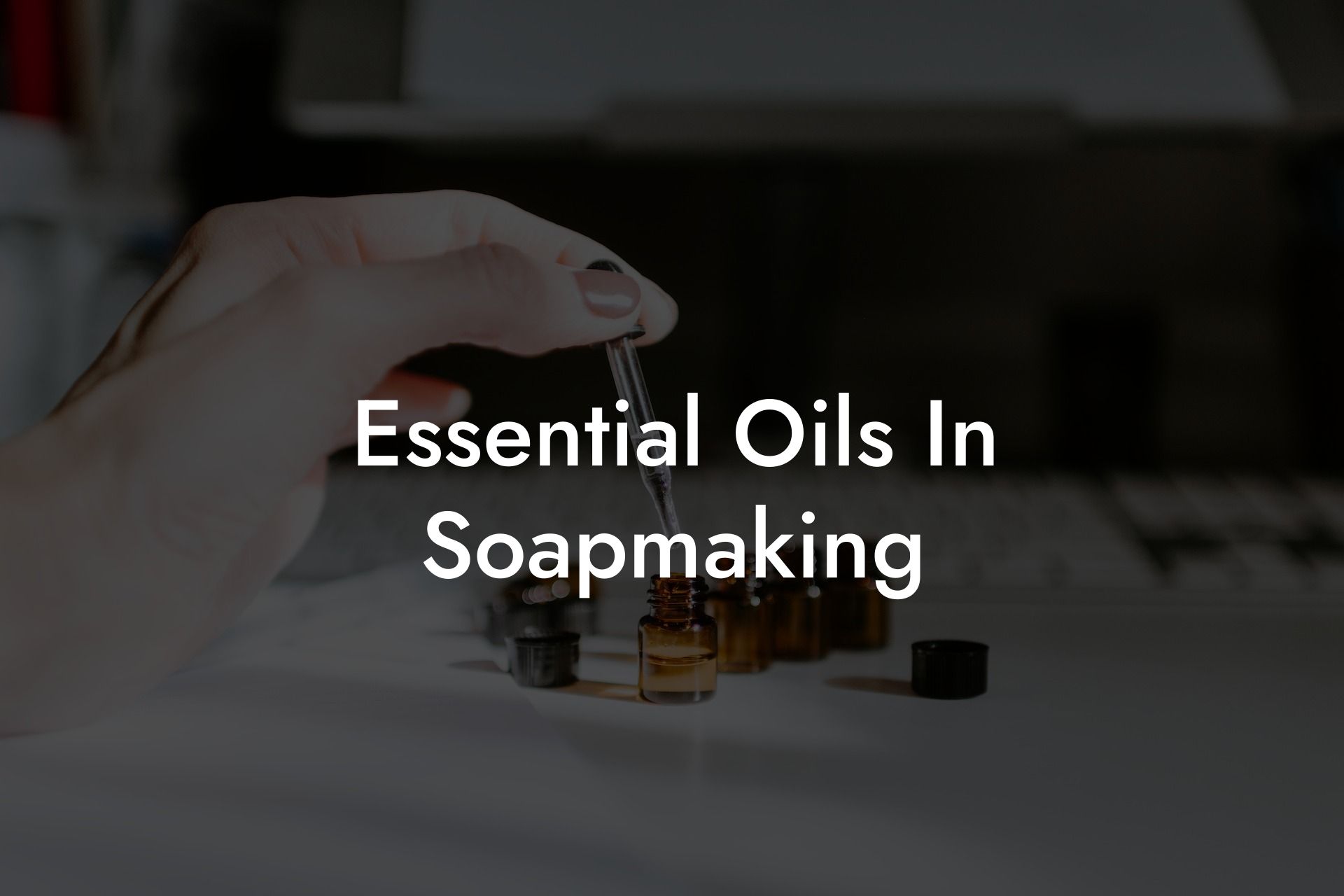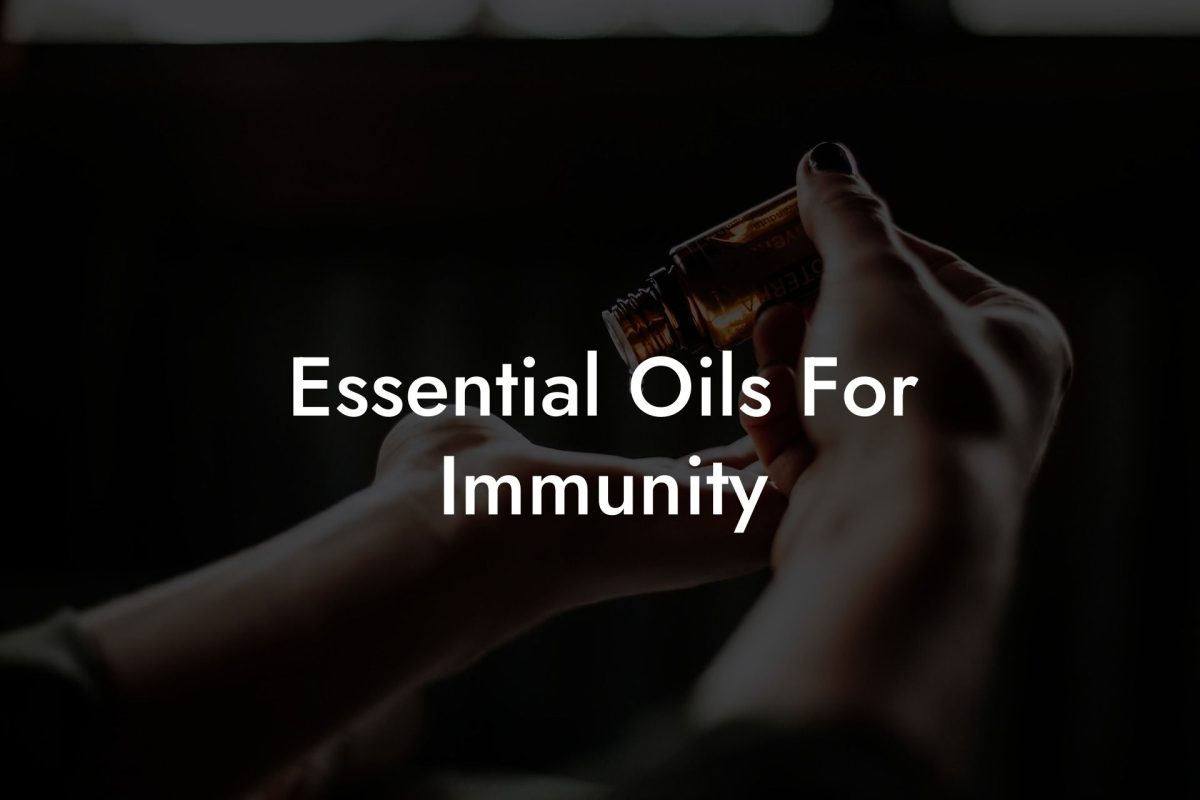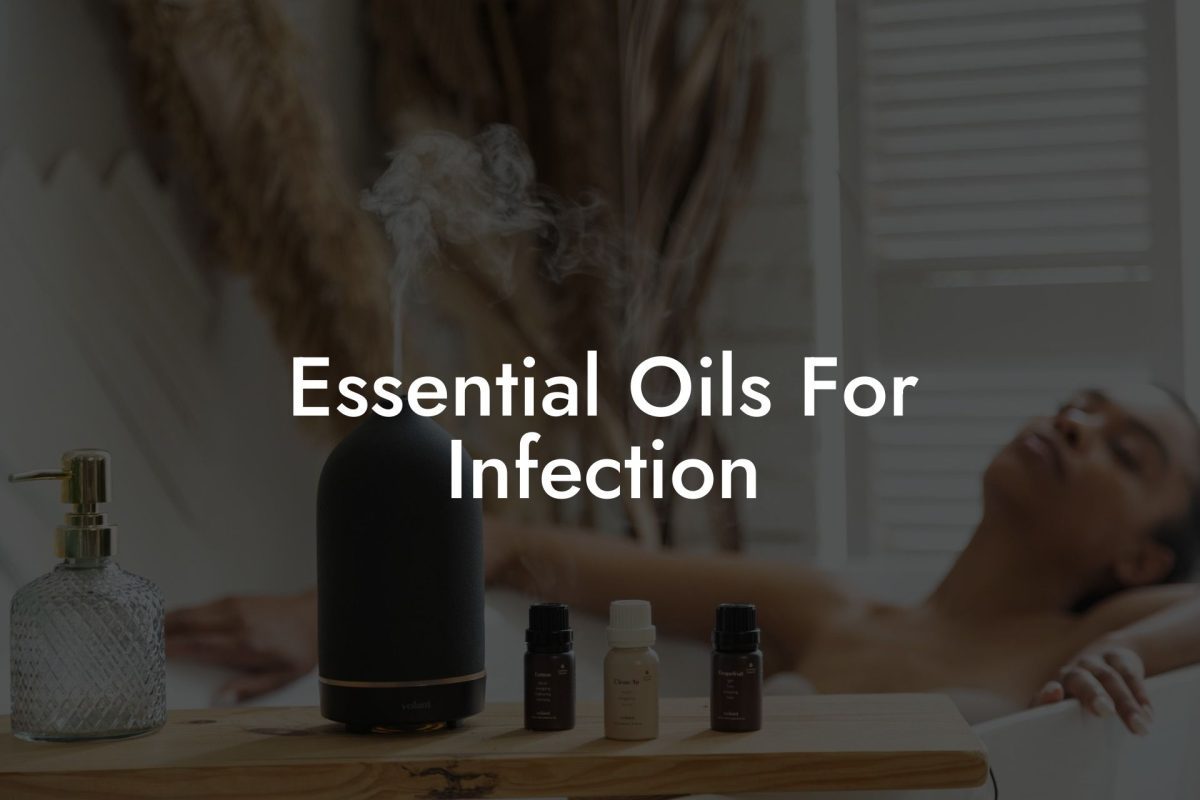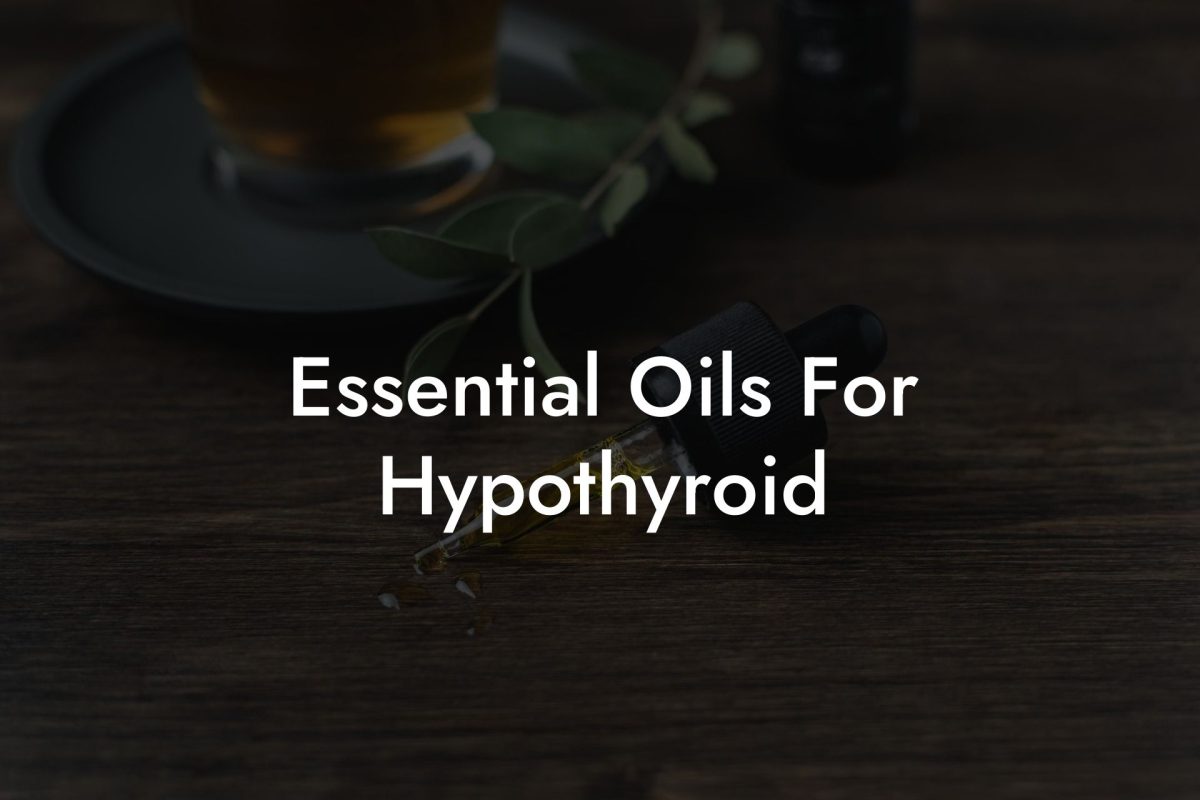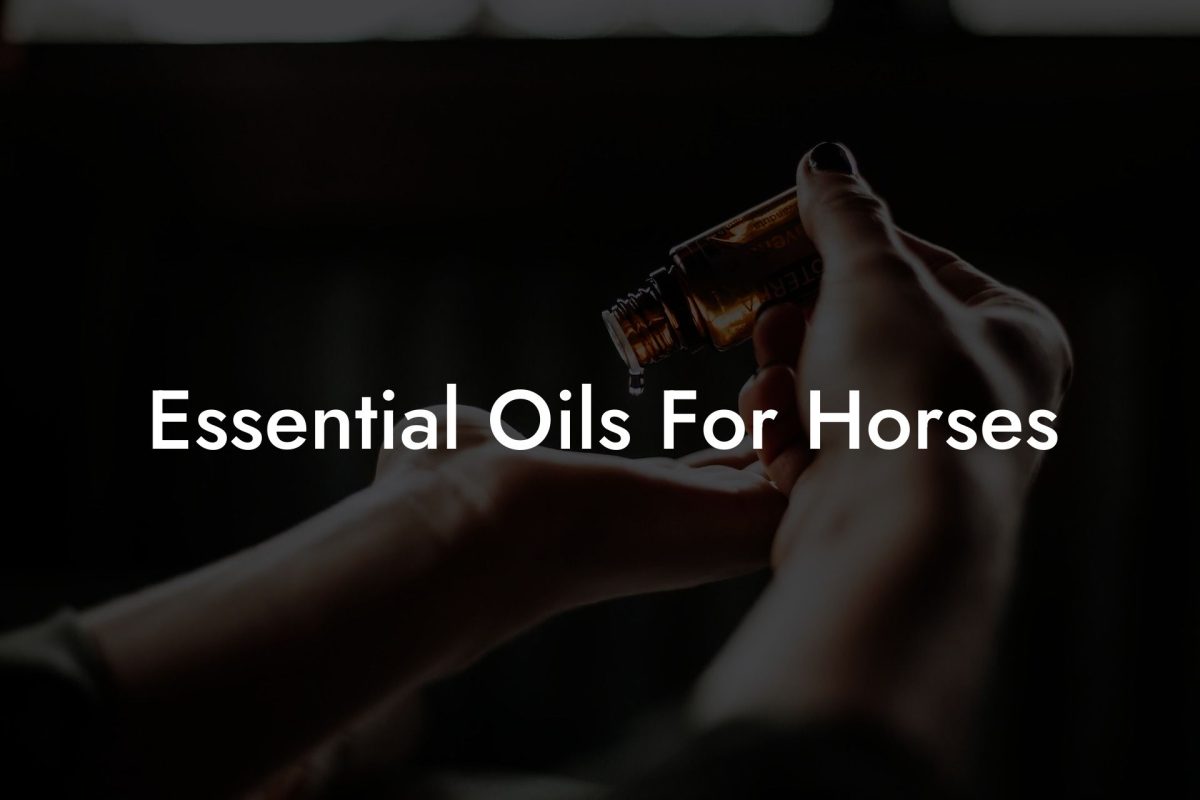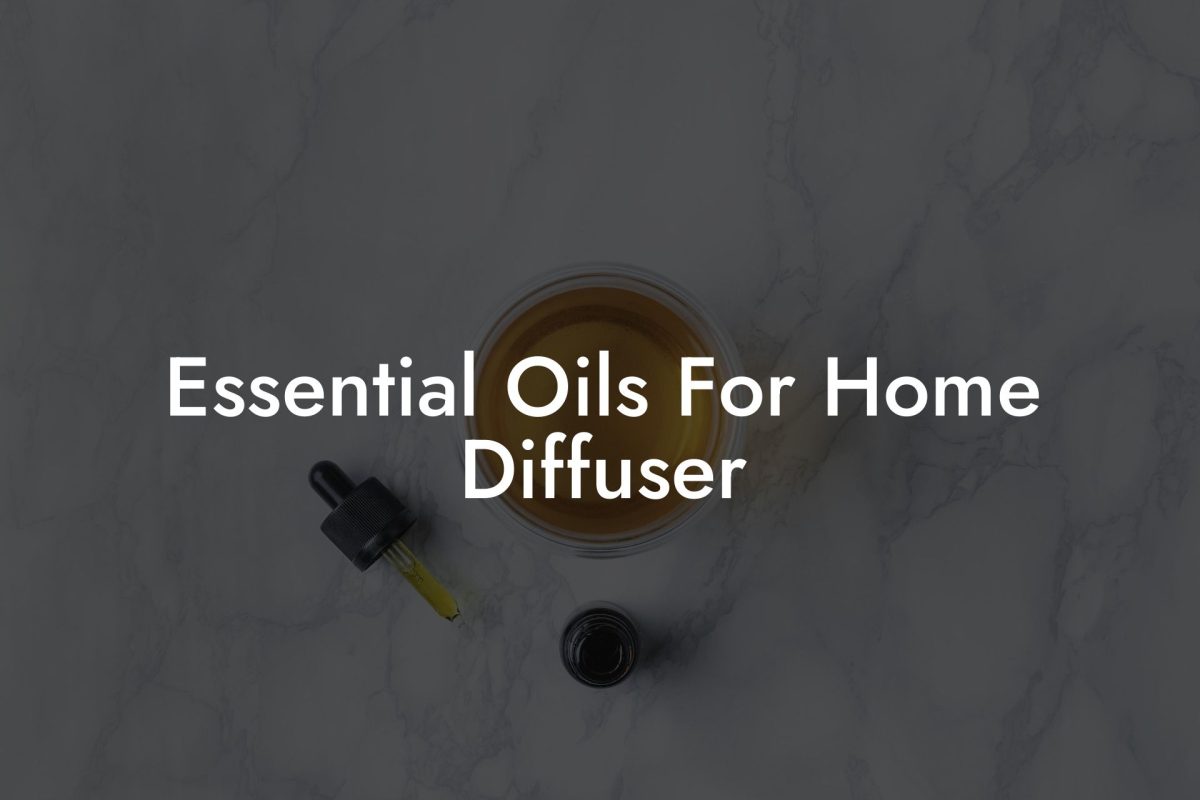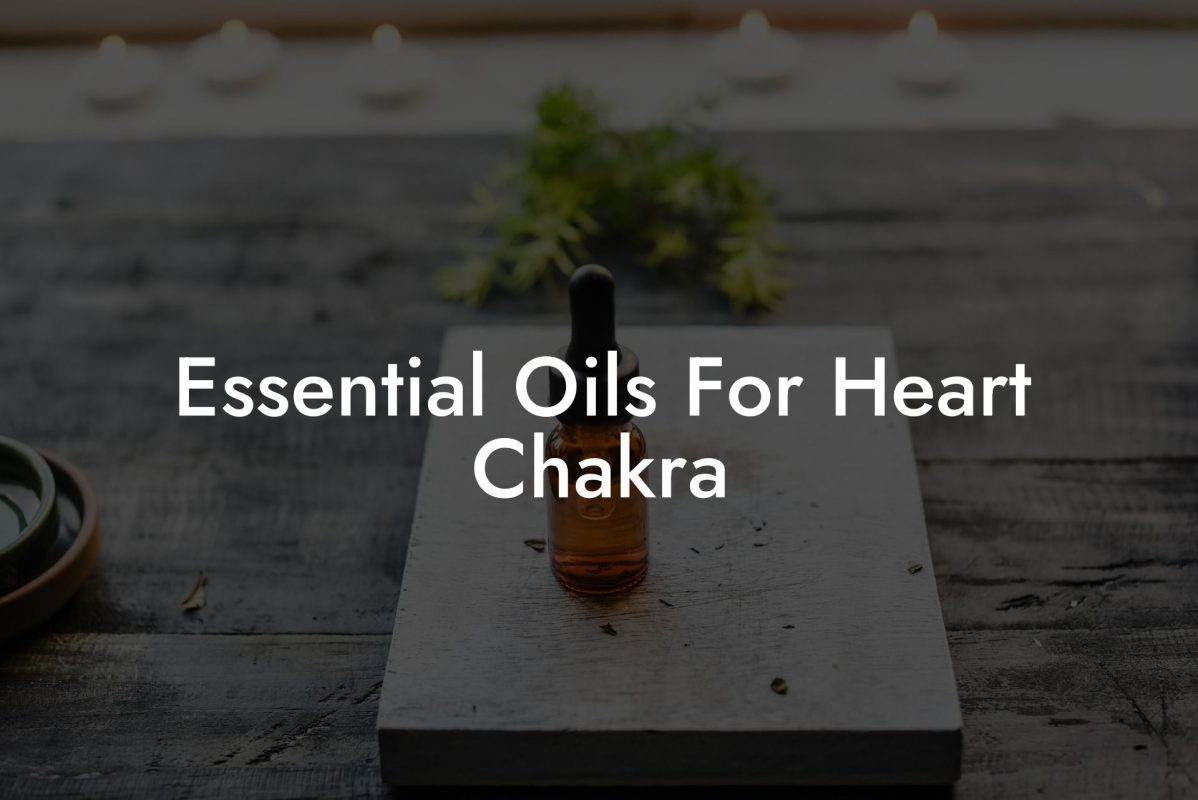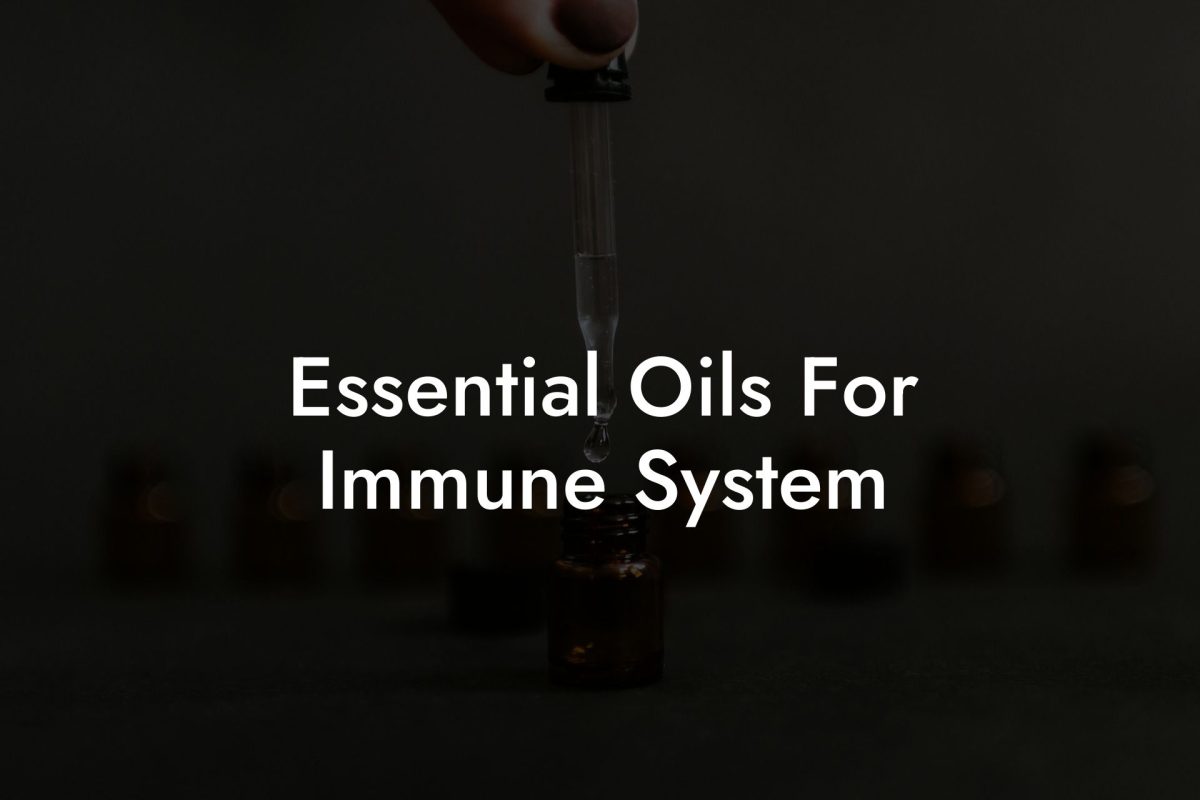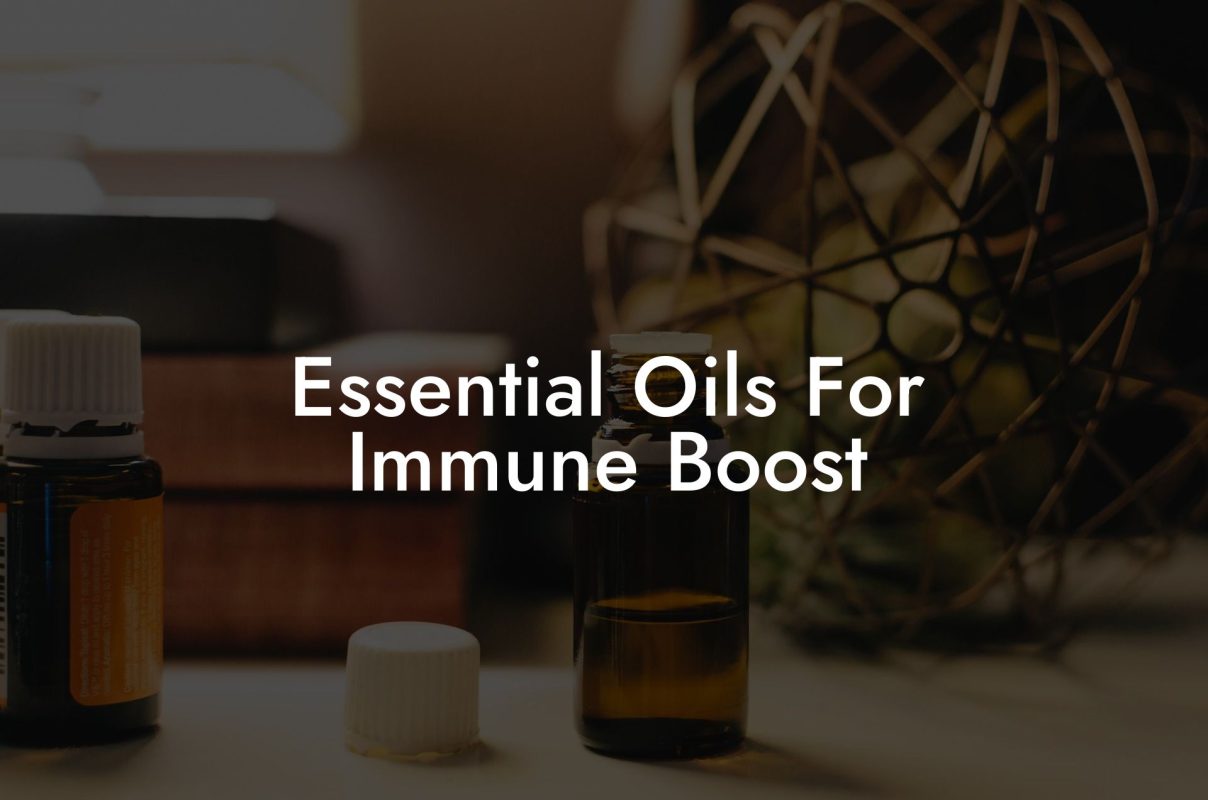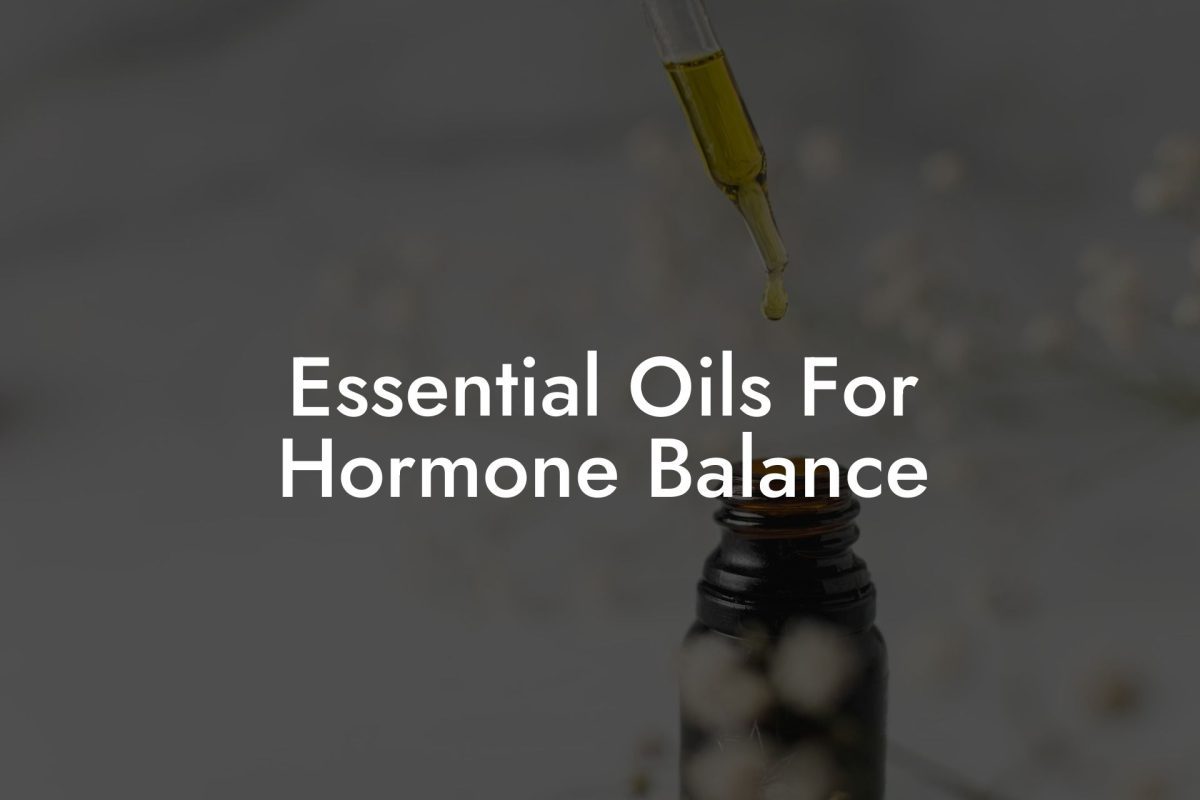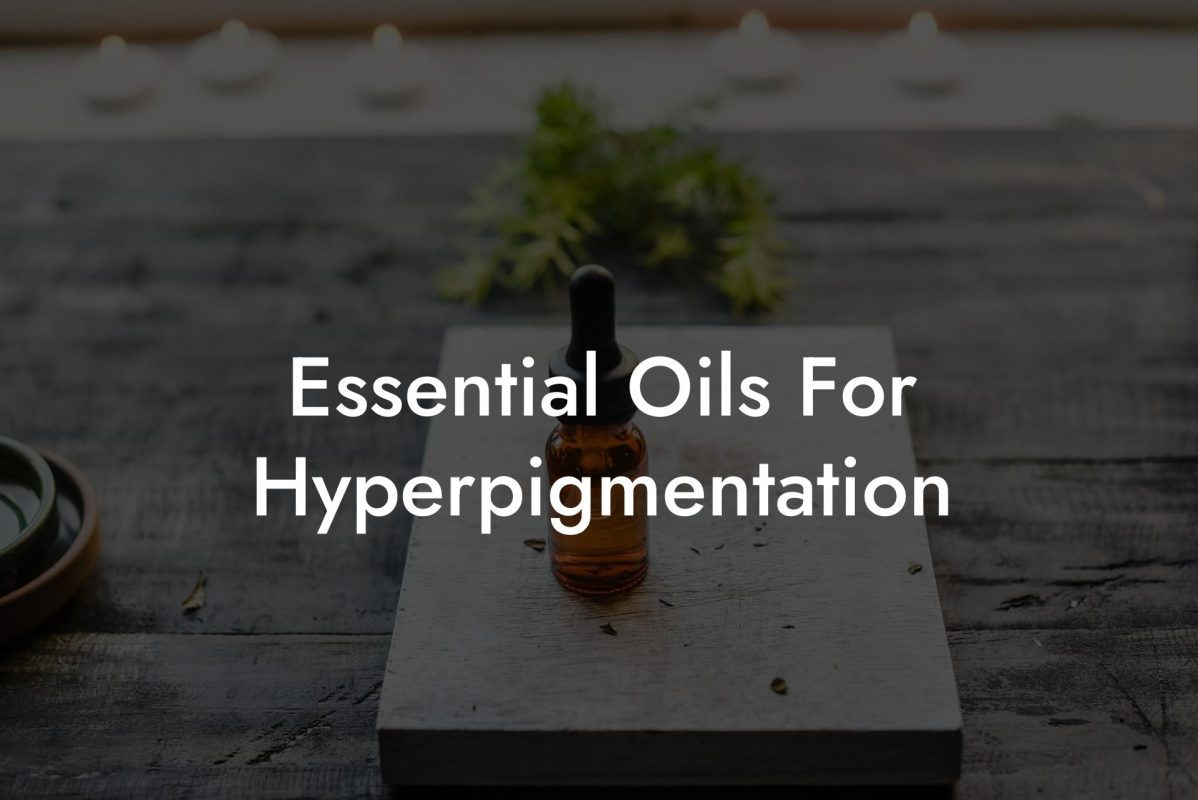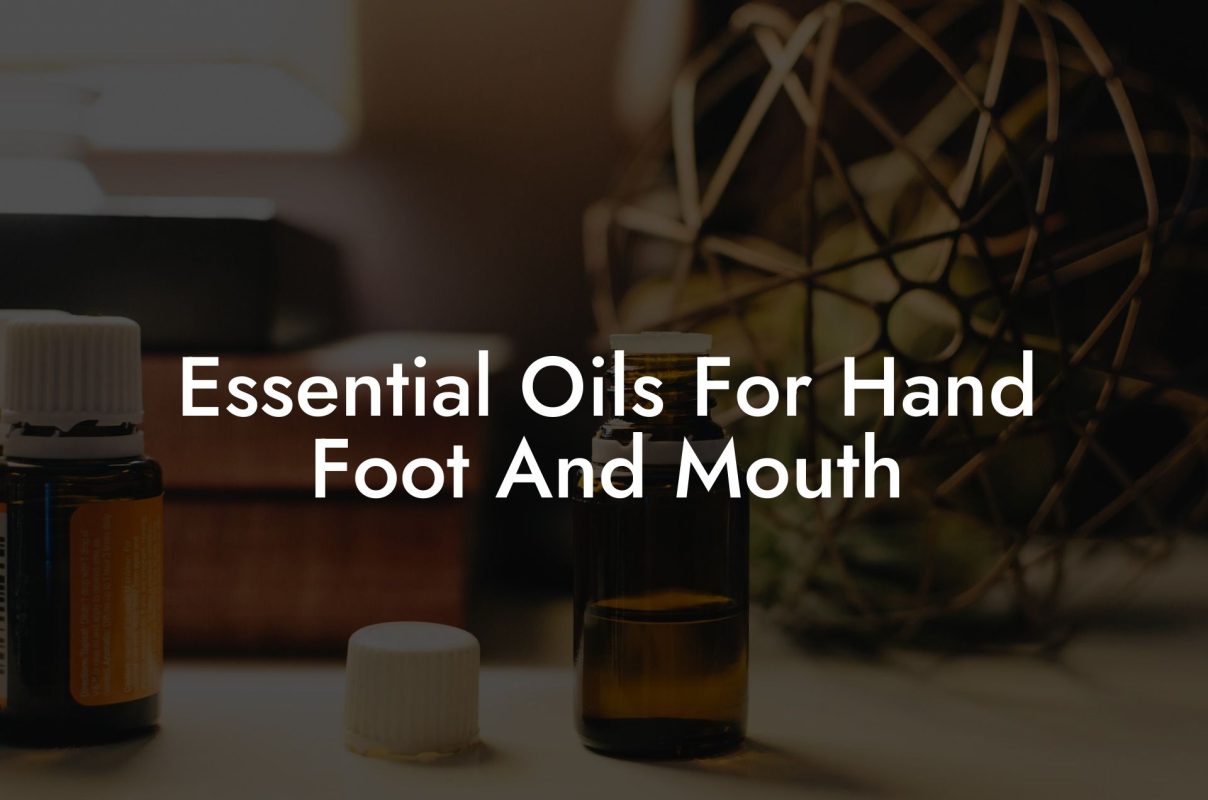Soapmaking is a fantastic way to create personalized, natural, and effective cleansing products for yourself and your loved ones. One of the best ways to enhance and customize your soaps is by incorporating essential oils. Essential oils not only provide a delightful aroma but also offer various benefits for skin health and overall wellbeing. In this guide, we will explore the use of essential oils in soapmaking, discussing their properties, how to choose the right ones for your creations, and even share a realistic example to get you started on your soapmaking journey.
Table of Contents
Understanding Essential Oils in Soapmaking
Essential oils are highly concentrated, volatile plant extracts obtained through different methods, such as steam distillation, cold pressing, or solvent extraction. They have been used for centuries in perfumery, skincare, and aromatherapy due to their remarkable fragrance and therapeutic properties. When incorporated into soap, essential oils can offer a wide range of benefits for various skin types and concerns, including moisturizing, soothing, antibacterial, and anti-inflammatory properties.
How to Choose Essential Oils for Your Soap
Selecting the right essential oils for your soap recipe depends on your desired outcome, personal preference, and the needs of your skin. Here are some considerations when choosing essential oils for soapmaking:
- Scent: Think about the aroma profile you’d like for your soap. Essential oils can be categorized as top, middle, or base notes, affecting how long their scent lingers. Mixing oils with different notes can create a well-rounded and lasting fragrance.
- Skin benefits: Consider any specific skin issues or concerns you’d like to address, such as acne-prone skin or eczema, and choose essential oils accordingly.
- Performance in soap: Some essential oils can change color or lose their scent during the soapmaking process. Research beforehand to ensure your chosen oils will hold up well in your specific soapmaking method.
Popular Essential Oils for Soapmaking
Here are some commonly used essential oils in soapmaking, along with their aromas and benefits:
- Lavender: A popular choice for its calming scent and ability to soothe irritated skin.
- Tea Tree: Known for its antibacterial properties, it’s excellent for acne-prone skin.
- Rosemary: Has a refreshing, herbal scent and may help stimulate circulation.
- Peppermint: Offers a cooling sensation and may help alleviate muscle aches and pains.
- Chamomile: A gentle, soothing oil beneficial for sensitive or inflamed skin.
Essential Oils In Soapmaking Example:
For a luxurious and relaxing handmade soap, try this simple Lavender and Oatmeal Soap recipe:
Ingredients:
– 1lb unscented melt and pour soap base
– 1/4 cup finely ground oatmeal
– 15-20 drops of lavender essential oil
– Soap mold
Instructions:
1. Cut your soap base into small cubes and place in a heat-safe container.
2. Melt the soap base in the microwave, stirring every 30 seconds, until completely melted.
3. Carefully stir in the ground oatmeal and lavender essential oil.
4. Gently pour the soap mixture into your soap mold.
5. Allow the soap to cool and harden for a few hours before removing it from the mold and cutting into bars.
It’s incredible how much difference the addition of essential oils can make to your soapmaking projects. Whether you’re crafting soothing, invigorating, or healing creations, essential oils can elevate your soaps to new heights with their array of scents and skin benefits. If you enjoyed this guide, please feel free to share it with your friends and dive deeper into our blog for more tips, insights, and expert advice on essential oils and aromacology. Discover the enchanting world of Oshu Oils and create a balanced, aromatic, and healthy lifestyle with our range of Artisan Essential Earth Oils.

